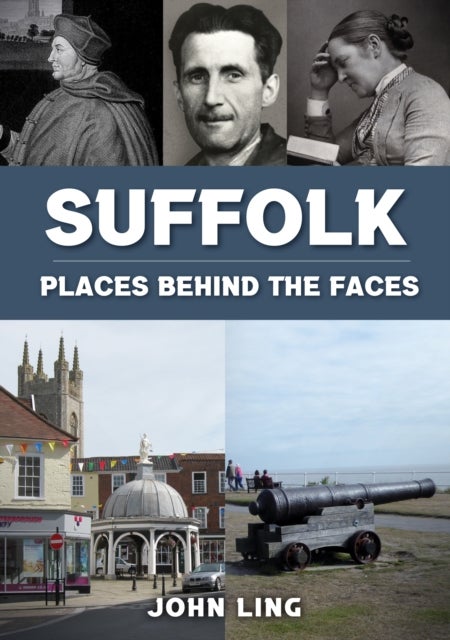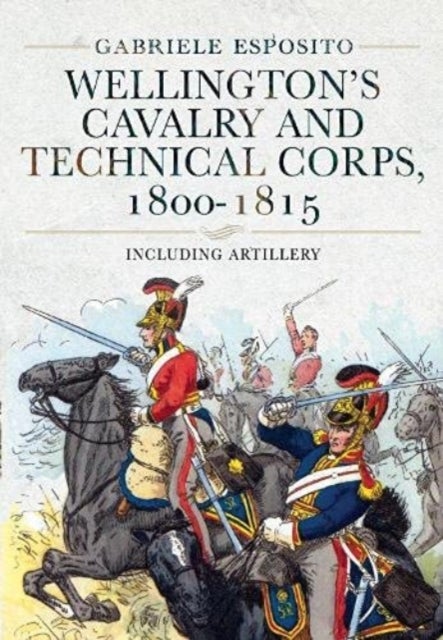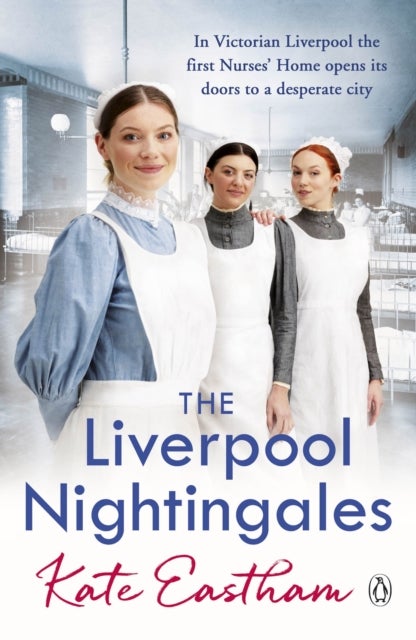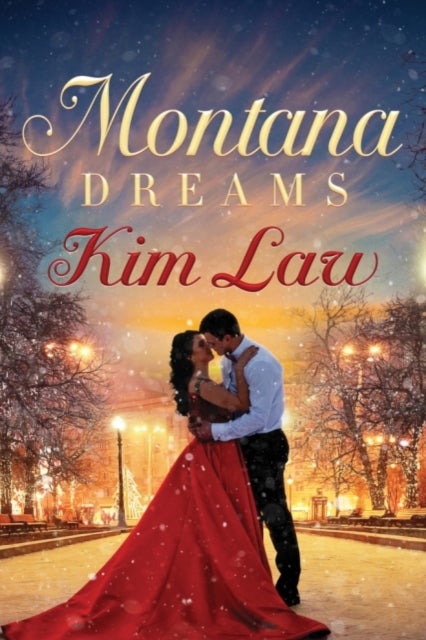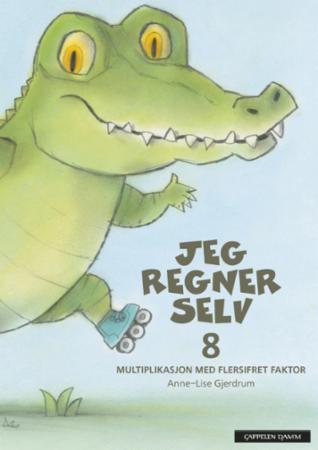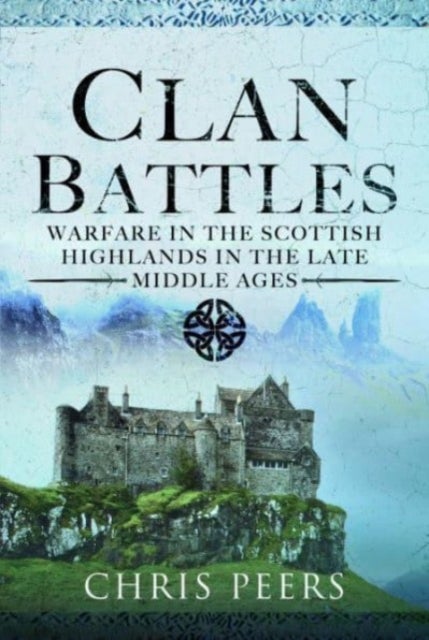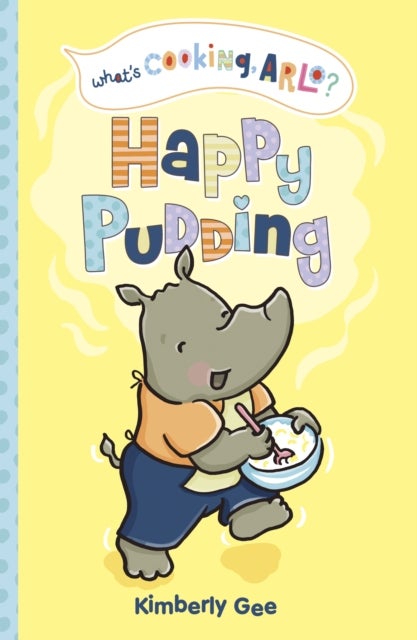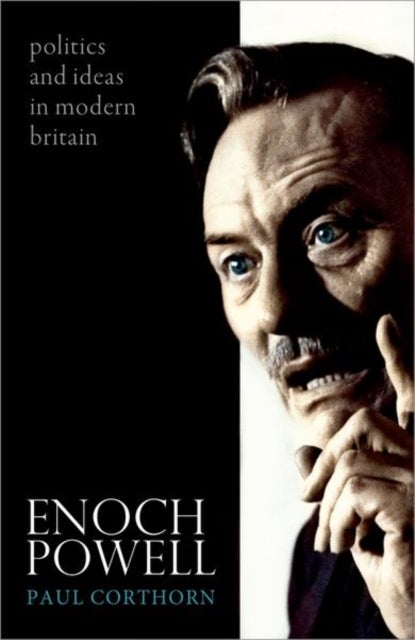
Enoch Powell av Paul (Reader in Modern British History Queen's University Belfast) Corthorn
249,-
Best known for his notorious ''Rivers of Blood'' speech in 1968 and his outspoken opposition to immigration, Enoch Powell was one of the most controversial figures in British political life in the second half of the twentieth century and a formative influence on what came to be known as Thatcherism. Telling the story of Powell''s political life from the 1950s onwards, Paul Corthorn''s intellectual biography goes beyond a fixation on the ''Rivers of Blood'' speech to bring us a man who thought deeply about - and often took highly unusual (and sometimes apparently contradictory) positions on - the central political debates of the post-1945 era: denying the existence of the Cold War (at one stage going so far as to advocate the idea of an alliance with the Soviet Union); advocating free-market economics long before it was fashionable, while remaining a staunch defender of the idea of a National Health Service; vehemently opposing British membership of the European Economic Community; argu

